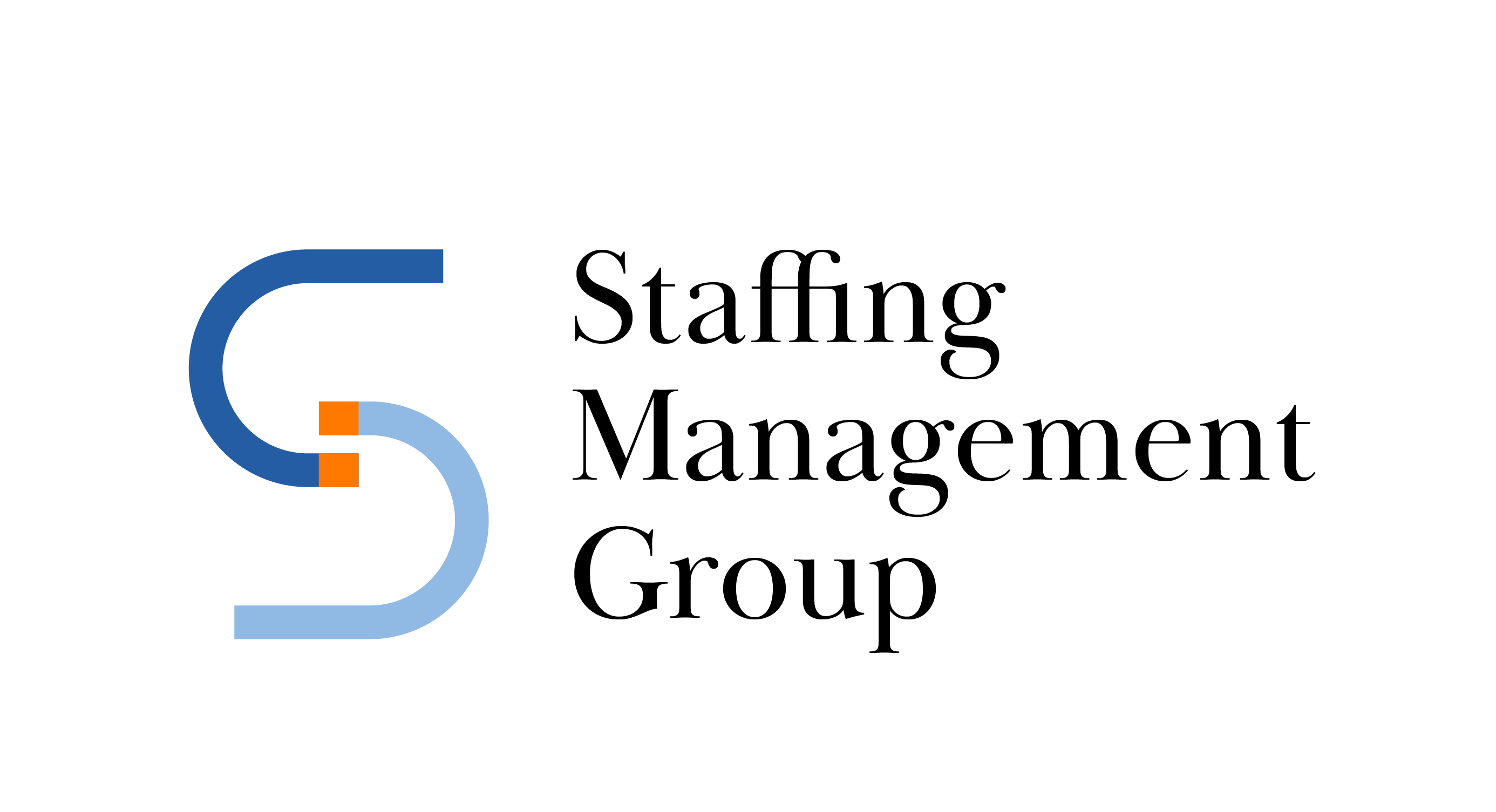The Power of Workforce Solutions for Staffing and Recruiting Firms
Transforming the Way Staffing and Recruiting Firms Meet the Challenges of the Modern Workplace
In today’s ever-changing business landscape, we understand the importance of staying ahead of the curve and providing effective, innovative solutions to meet the needs of both clients and job seekers. Join us as we delve into the latest trends, technologies, and strategies that are revolutionizing the staffing and recruiting industry.
The Evolution of Staffing and Recruiting Firms
As the world of work has evolved, so too have staffing and recruiting firms. No longer focused solely on traditional recruitment methods, these firms are now embracing a variety of workforce solutions to better serve their clients and candidates. The shift towards remote work, the rise of the gig economy, and the growing need for specialized skills have prompted staffing and recruiting firms to adapt their strategies and offer more comprehensive services.
The Growing Importance of Workforce Solutions
Innovative workforce solutions are essential for staffing and recruiting firms to stay competitive in today’s market. By offering tailored services, such as temporary staffing, direct hire, and contract-to-hire, these firms can address the diverse needs of clients and candidates. Additionally, the ability to provide specialized resources, such as expert consultants or industry-specific talent, allows staffing firms to differentiate themselves and offer added value to clients.
The Role of Technology in Modern Workforce Solutions
Technology plays a crucial role in the transformation of workforce solutions. The use of artificial intelligence (AI) and machine learning algorithms in recruitment and candidate matching has streamlined the hiring process and improved the overall efficiency of staffing firms. Applicant tracking systems (ATS) and customer relationship management (CRM) platforms enable recruiters to manage their talent pool and client relationships more effectively.
The implementation of video interviewing and virtual onboarding platforms has also revolutionized the way staffing and recruiting firms engage with candidates, especially in a remote work environment. By leveraging technology, staffing and recruiting firms can overcome geographical barriers, reduce time-to-hire, and ensure a seamless hiring experience.
Key Components of Successful Workforce Solutions
To deliver successful workforce solutions, staffing and recruiting firms must focus on several key components:
- Flexibility: Providing a range of services, including temporary, contract, and direct hire placements, allows firms to cater to the unique requirements of their clients and candidates.
- Specialization: By focusing on specific industries or skill sets, staffing and recruiting firms can offer expert knowledge and access to a more targeted talent pool.
- Technology: Embracing cutting-edge technology helps staffing firms streamline processes, enhance candidate engagement, and improve overall efficiency.
- Client-Centric Approach: Fostering strong client relationships and understanding their unique challenges allows staffing and recruiting firms to deliver customized solutions that address their clients’ specific needs.
Best Practices for Implementing Workforce Solutions
To maximize the impact of workforce solutions, staffing and recruiting firms should:
- Invest in advanced technology, such as AI-driven recruitment tools and video interviewing platforms, to improve efficiency and candidate engagement.
- Foster strong relationships with clients to understand their unique challenges and deliver tailored workforce solutions.
- Continuously assess and adapt their service offerings to meet the evolving needs of the market.
- Develop specialized expertise within their team to provide clients with access to top-tier talent and industry-specific knowledge.As the business landscape continues to evolve, workforce solutions are becoming increasingly vital for staffing and recruiting firms. By embracing technology, offering flexible and specialized services, and adopting a client-centric approach, these firms can stay ahead of the curve and continue to thrive in the modern workplace.
